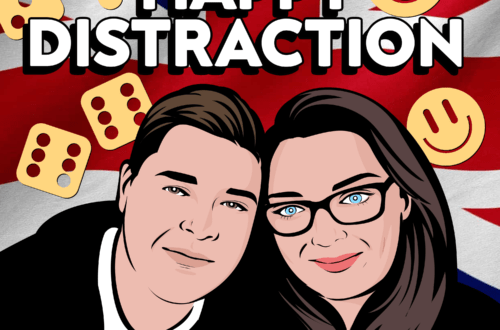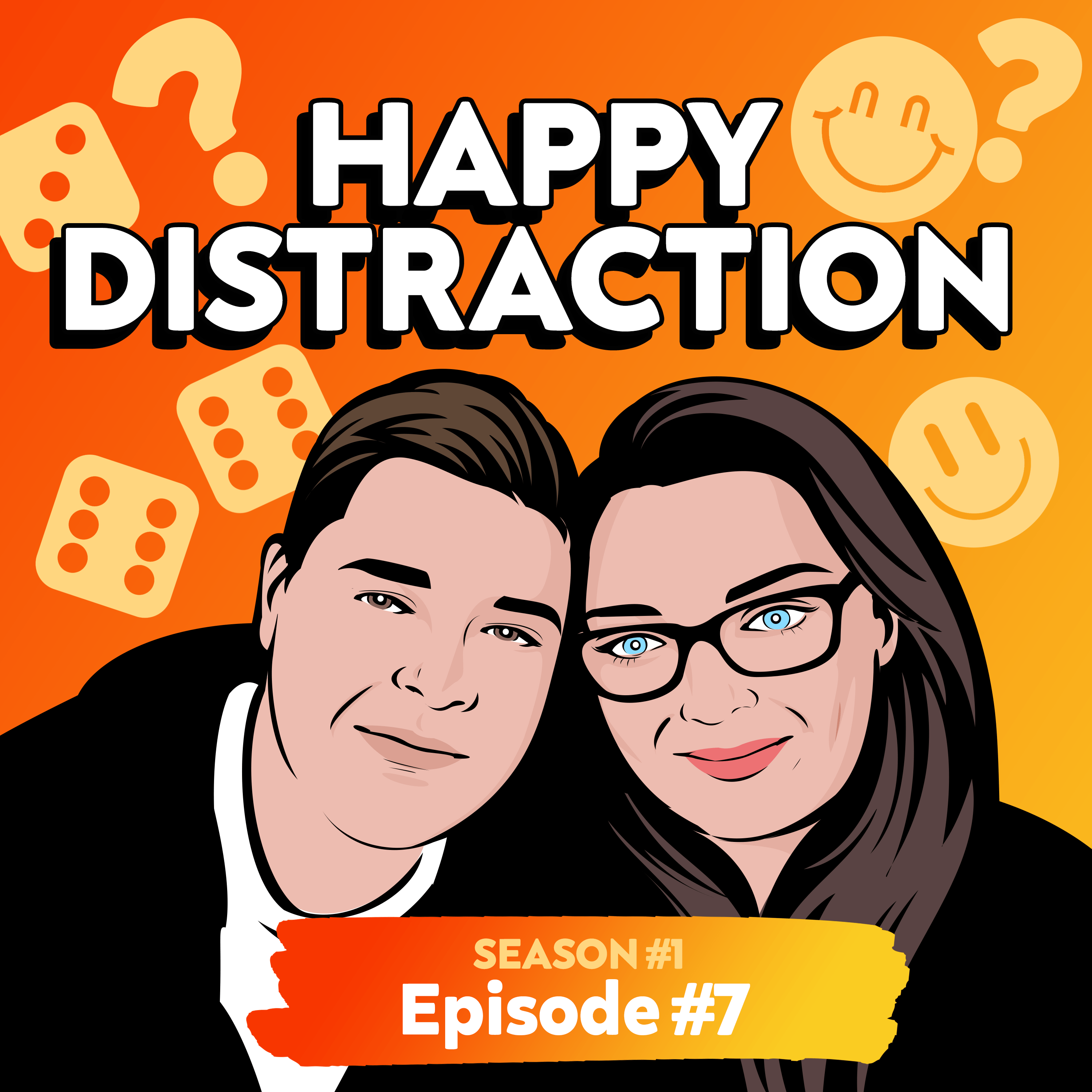Why I didn’t get a promotion – A story
As discussed in Episode #2 of the podcast (you can listen to that here), I wanted to share a story about when I applied for a promotion but got rejected. We’ll take a look into why I didn’t get promoted and how that made me feel. You may be wondering why I’m choosing to share this. Is it because I’m sore and can’t let it go? I mean, probably a little bit, but it’s more to show you that you can often be the best candidate in the world, but sometimes your face doesn’t fit. This happens all too often. It sucks, but there’s a lesson to be learned, and as harsh as it sounds, the lesson is that, well, shit happens.
I won’t be naming names, and for the sake of the post, I’ll refer to the company as ‘Company X’ and the interviewers as ‘Interviewer A’ and ‘Interviewer B’. I know this may sound a little cryptic, but this is a real personal story.
Background
Company X was my first proper job. I worked for them from the age of 17 for a few years. During that time, I progressed to an SME position (Subject-Matter Expert). That role involved fixing broken accounts and being a point of contact for the wider team for complex issues. I was in that role for around two years and decided to leave for a different company.
Several years later, I returned to Company X and worked in a different department. After around 12 months, an opportunity came up for an SME role, and this is where the fun began.
The Promotion Opportunity
The SME role was available as the current SME got their own promotion, so a replacement was needed. I noticed that another candidate had already begun to receive training and shadow the current SME. This was odd because it hadn’t been officially announced. She effectively carried out the SME role alongside the current SME. I personally didn’t find that to be a fair process, so I spoke to my manager. I asked for the same opportunity to get a little more experience so that I could use this during the application/interview process.
After having to literally argue and fight, I was allowed to take some complex cases over and resolve them for the rest of the team. As I already had relevant experience, it didn’t take me long to get back up to speed, and I resolved them quickly. This was noticed by other team members, and I got praise for a job well done (and, ultimately, more cases to resolve). After just a couple of days of doing this (despite another candidate having had the opportunity for a couple of weeks), an email was sent asking people to put their names forward if they were interested in the SME position.
The Application Process
I responded to the email and expressed my interest in the role, as did four other candidates. At this stage, I was told that there was no opportunity to continue working SME cases and I had to return to normal duties. Can you guess what I’m going to say next? Of course, the same person who had already been effectively working the role was allowed to continue. The rest of us shared a collective concern that someone was being given an opportunity that we weren’t getting, and it was dismissed without further discussion. You could argue that this was an unfair advantage. After another few days, we were invited to an interview.
The Interview
Two interviewers were in the interview (Interviewer A – Operations Manager / Interviewer B – Team Leader). I was taken into a meeting space at the back of the room and asked general questions. These were the standard questions, such as “Why do you want this role”? and “What could you bring to the role”? I was then told to carry out some exercises. This included an organisational exercise involving organising tasks in the most logical order based on urgency. I was also asked to complete a ‘technical’ test, which included how to clear cache and cookies on an internet browser. There were surprisingly few tech questions for this being such a technical role.
Awks…
As the interview progressed, Interviewer B asked:
What would you do if you were really busy and I came up to you and asked for a favour?
Would you prioritise my needs over everything else?
I said that while I appreciated that management needs are urgent, I would prioritise things with the most customer impact. If their request were crucial, time-sensitive, and customer-impacting, then, of course, I’d look to prioritise that over something less urgent. In some cases, I wouldn’t be able to prioritise management requests above all else, all of the time.
Interviewer B was visually unhappy, and seemed almost angry in fact. That was clearly not the right answer. If looks could kill, I’d have died on the spot and gone straight to hell for giving such a horrendous answer to someone who was basically asking me to drop everything and be at their beck and call.
Interviewer A cleared his throat and said:
Well, thank you for doing this. We’ll be in touch soon with more information. We don’t have time for questions, but email me if you have any concerns. I’ll do my best to get back to you. Oh, and just to let you know, there is only one position available.
After Thoughts
During the interview, both interviewers seemed very uninterested in what I had to say. They each had their phones on the desk. Interviewer B would keep glancing at his notifications and checking the time like I was wasting his time. I got the impression that I never really had much of a chance, to begin with. I believe that the person who was given the opportunity to do the role beforehand would be the successful one.
I’d never felt so annoyed and upset at the same time. It was clearly a box-ticking exercise. The questions and tasks were so poorly thought out that it was clear it was something put together at the last minute to give the illusion of a fair process.
So… who got the promotion?
30 minutes after all the interviews concluded, I was called into a meeting room and given the outcome. Ultimately, I was told that I was unsuccessful and did not get the promotion. The only feedback I received was, and I quote:
Well, we don’t really know you that well.
I probably didn’t respond in the best way. I’d told Interviewer A that I thought the entire process was unfair, and they clearly did not understand me or make any efforts to get to know me.
I came out of the room and told one of my teammates. She was legitimately more angry than I was. She got off her chair and shouted at the top of her voice that I should have gotten the promotion. I thanked her, but realistically, that probably didn’t do me any favours. Her heart was in the right place, and I appreciated it at that moment.
This will probably come as no surprise, but the person allowed to work the role alongside the current SME got the job. To say I was pissed off was the understatement of the century.
Promotion Plot Twist
Do you remember when interviewer A made it clear that there was only one position available? Well, they hired a second person for the role. This person had threatened to quit his role a few weeks earlier if he didn’t get a promotion. It looks like they both got what they wanted. This particular person was an absolute dinosaur who didn’t know how to operate a vending machine, let alone resolve complex account issues. I think that was when I realised I didn’t want to work for Company X anymore.
Aftermath
When everything was said and done, the candidates started their new roles. The dinosaur passed everything over to the other candidate and basically did nothing. I heard the other candidate giving the wrong information to people all the time; she hadn’t the foggiest. I made a point of not correcting her because, well, it’s not my job; she’s the SME, right? Let’s just say that this resulted in so many mistakes that it caused a backlog of complaints; karma SERVED.
So…?
So, what was the point of this story? Well, to be honest, it was many years ago now, and deep down, I’m probably still not over it. I think it’s abundantly clear that this whole process was unfair. Sometimes, you can be outperformed, but these people who got the role had zero experience. To overlook someone with years of experience because you don’t know them that well is a sorry excuse. I should have taken it further, but my confidence was shot, and I left it. The company went bust and no longer exists these days, of course not for this reason alone, but you can see why if this is the environment they were creating.
The moral of the story
The moral of the story is this: You can be the best candidate on paper, with all the qualifications and experience in the world, but if you’re not liked or your face doesn’t fit, this can mean nothing. This role was essentially engineered for one person (well, two, actually).
I have learned that I am better than that company, I am better than those people, and my worth will not be defined by that moment, and do you know what? Shit happens and will continue to happen; that’s a part of life; sometimes it’s not fair or just, but don’t be defined by those moments.
Have you ever faced a similar situation at work? How did you handle it? Share your story in the comments below! And/or feel free to drop us a line here.




